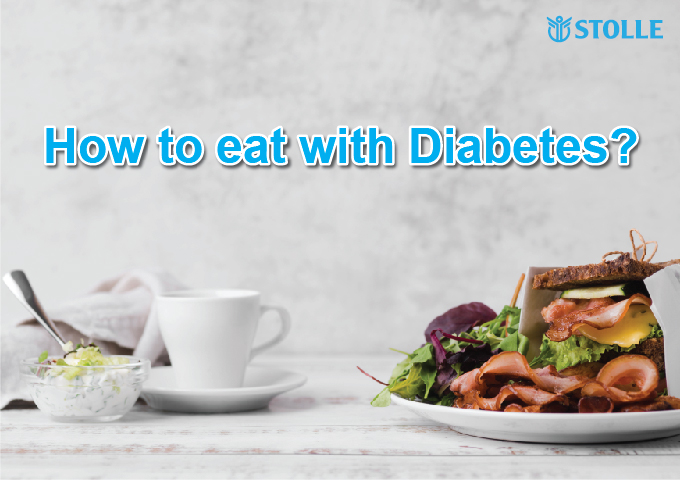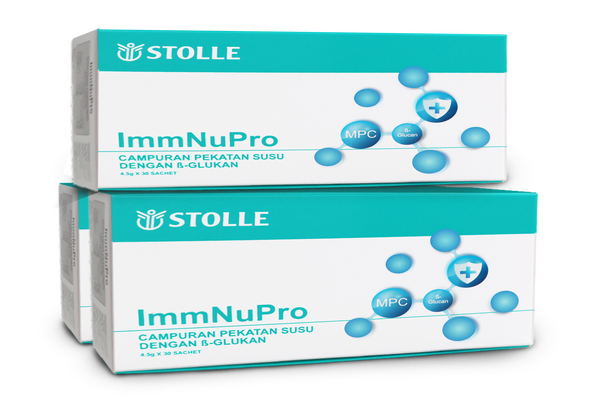

Diet for Hyperglycemia
Hyperglycemia, or elevated blood sugar levels, refers to a condition where the glucose concentration in the blood exceeds normal limits, commonly associated with metabolic disorders like diabetes. Diet plays a crucial role in controlling and preventing hyperglycemia.
According to the World Health Organization (WHO) standards, fasting blood sugar levels between 5.6 and 7.0 mmol/L are considered elevated, while levels above 7.0 mmol/L may be indicative of diabetes. If blood sugar remains uncontrolled for extended periods, it can lead to severe health complications such as cardiovascular diseases, kidney failure, vision loss, and nerve damage.
The key to managing hyperglycemia lies in selecting foods that stabilize blood sugar levels and reducing the intake of foods that cause rapid spikes in blood glucose. Here are several essential dietary principles:
1. Low Glycemic Index (GI) Foods
The Glycemic Index (GI) measures the effect of food on blood sugar levels. Foods are categorized into high, medium, or low GI. Low GI foods release glucose slowly, avoiding rapid blood sugar spikes. Typically, foods with a GI value below 55 are considered low GI, such as whole grains, oats, brown rice, and most vegetables.
For example, white rice has a GI of 73, making it a high-GI food, whereas brown rice has a GI of only 55, making it a suitable alternative for a staple. Oatmeal, with a GI of 55, is also ideal for breakfast to maintain stable blood sugar.
2. High-Fiber Foods
High-fiber foods not only enhance satiety but also slow the absorption of glucose in the intestines, helping to control post-meal blood sugar levels. Fiber-rich foods include vegetables, legumes, whole grains, and fruits. A daily intake of at least 30 grams of dietary fiber is considered beneficial.
3. Adequate Protein and Healthy Fats
Protein and healthy fats help slow digestion, reducing the absorption rate of glucose and preventing sudden blood sugar spikes. Recommended sources of protein include low-fat dairy, fish, chicken, beans, and nuts. Good sources of healthy fats include olive oil, flaxseed oil, and avocados.
4. Reducing Sugar and Refined Carbohydrates
Refined carbohydrates, such as white bread, candies, and sugary drinks, are quickly digested, causing a rapid rise in blood sugar levels. People with hyperglycemia should minimize the intake of these foods and opt for complex carbohydrates like whole grains, brown rice, and oats. For example, a 500 ml sugary drink may contain around 50 grams of sugar, causing a sharp increase in blood sugar. In contrast, sugar-free beverages or water do not have this effect. Therefore, choosing sugar-free drinks or water is an important step for hyperglycemia patients in managing blood sugar.
Long-term hyperglycemia can harm multiple body systems, cause chronic inflammation, and lead to various complications such as kidney disease, retinal damage, heart disease, and diabetic foot.
Stolle ImmNuPro: Your Partner in an Inflammation-Free Life
- Contains anti-inflammatory factors that help reduce systemic chronic inflammation.
- Reduces insulin resistance.
- Patented immune nutrients directly support the immune system, boosting immune function and promoting immune balance.








